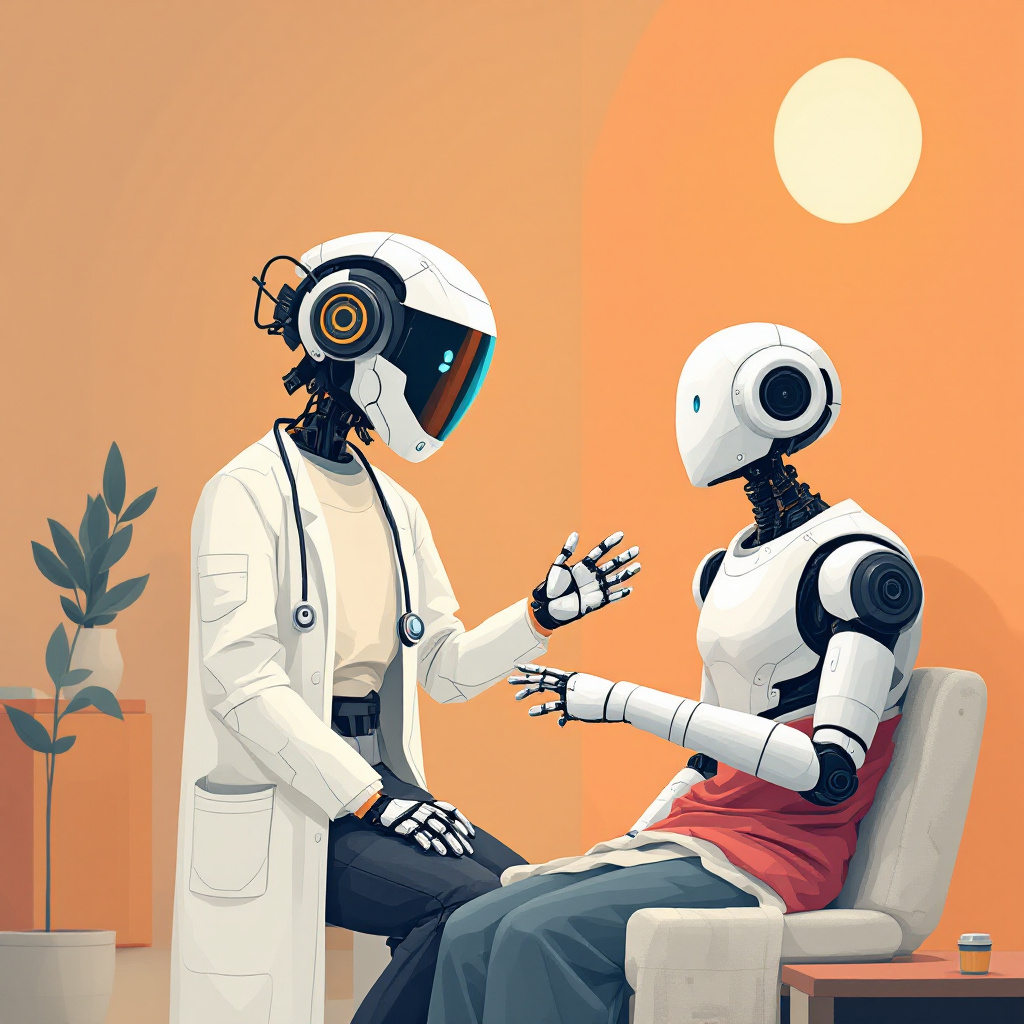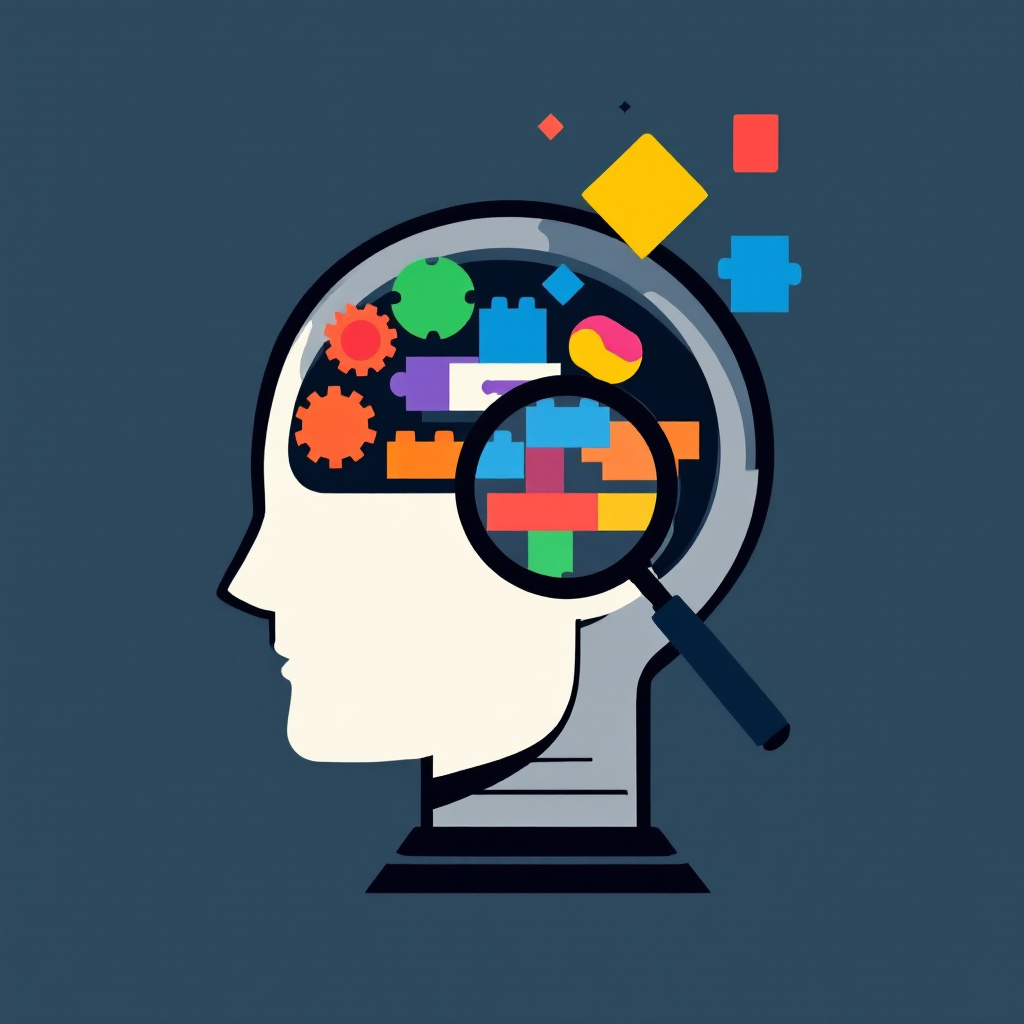AGI—Artificial General Intelligence, or strong AI—has been the holy grail of artificial intelligence since Alan Turing first created his Turing Test over seventy years ago. AGI is a captivating idea—a single, all-knowing AI that surpasses human intelligence on any cognitive task. But what if the quest for AGI is misguided and doesn't even really help us progress human knowledge? The future of AI doesn't center on creating a singular, all-knowing entity but on developing smaller, more specialized machine learning systems.
The Myth of AGI: A Tempting but Flawed Idea
The idea of artificial general intelligence is badass, I'll be the first to admit. It fulfills our desire for simplicity and follows our tendency to anthropomorphize technology. We imagine this benevolent robotic assistant, capable of engaging in witty banter one moment and solving the world's problems the next - think a robotic Alfred or, even better, Bender Bending Rodriguez! Even I would make a great AGI! ...wait, am I real?
I feel the concept of AGI is flawed for several reasons:
- Limited Understanding of Human Intelligence: Our brains are crazy complex. I believe that our understanding of neuroscience is impressive, but we still don't fully grasp how organic general intelligence works.
- The Fallacy of Singular Intelligence: The idea of a single, monolithic intelligence seemingly contradicts what we've observed in nature. Our human intelligence is not one all-encompassing entity but the complex interactions of various cognitive processes and specialized neural networks. These pesky processes even dare to change as time goes by. Even my own opinions have changed as new information is introduced.
- Overestimation of AI Capabilities: There's no doubt AI has made insane progress over the past few years - heck, look at the progress OpenAI made from May to September of 2024 or the massive leap Gemini made over the same period. Despite this progress, we're still a ways from achieving anything resembling general intelligence. Current AI systems excel at narrow, well-defined tasks but struggle with generalization and what some consider "common-sense reasoning." I won't dive too deep here, but suffice it to say my idea of "common sense" and my ancestors' idea of "common sense" definitely don't align.
- Ethical Concerns: The development of AGI raises significant ethical concerns, including issues of control, accountability, and unintended consequences - who wants those? These concerns are magnified when considering a single, all-powerful AI system that equally flawed humans have trained.
The Orchestra of Specialized AI: A More Promising Approach
Instead of spending our time pursuing the unttainable goal of Artificial General Intelligence, I instead suggest that we focus on developing smaller, more specialized AI systems. Imagine an AI that functions more like a symphony orchestra, where each instrument plays an individual role in the larger orchestra.
Let's break my analogy down a bit:
- Specialized Instruments (Narrow AI): In an orchestra, each instrument has a specific role and produces particular sounds. Similarly, narrow AI systems are designed to perform specific tasks efficiently and accurately. We already have AI that can generate images, recognize images, generate text, process natural language, play complex games, and make sweet mathematical calculations. These specialized systems are the instruments in our AI orchestra.
- The Conductor (Integration Systems): The conductor in an orchestra doesn't play any specific instrument (unless it's Andre Rieu) but instead coordinates the efforts of all musicians to create a cohesive performance. In the AI universe, this function is fulfilled by integration systems. These systems should determine which AI tools are appropriate to use for a given task and know how to combine or ignore their outputs.
- The Score (Problem-Solving Frameworks): The musical score guides the orchestra in playing a piece. Similarly, we can develop problem-solving frameworks that guide our AI orchestra in tackling complex, multi-faceted challenges. These frameworks define how different systems interact and in what sequence they should be applied to solve any given problem.
- Practice and Refinement (Continuous Learning): Just as an orchestra improves through practice, our AI systems can improve independently, making faster progress through iteration.
- Audience Interaction (Human in the Loop): An orchestra performs for an audience, and their reaction can influence their performance. In the same way, our AI orchestra should be designed with human collaboration in mind, able to take feedback and adjust its approach based on human input and changing needs.
The Benefits of the Orchestrated Approach
This approach to AI development offers several advantages over the one-size-fits-all system:
- Faster Development and Deployment: By focusing on specialized systems, we can build more quickly and deploy more useful AI tools sooner. Each component can be developed, tested, and improved independently.
- Greater Flexibility and Adaptability: An orchestrated system of specialized AIs can be more easily adapted to new tasks or domains. We can add, remove, or modify components as needed rather than having to retrain an entire AGI system.
- Improved Reliability and Accountability: Specialized systems are easier to understand and have more predictable behavior. This makes it easier to ensure reliability, establish clear lines of accountability, and write actual test cases for our code - hint, hint.
- Better Alignment with Current AI Capabilities: We use the strengths of current AI technology rather than waiting for hypothetical always-around-the-corner breakthroughs in AI.
- Reduced Ethical Concerns: By avoiding the creation of a single, all-powerful entity, we can help quell some of the ethical concerns associated with AGI.
The Path Forward: Attending the AI Symphony
As we help push AI into the future, I feel a more nuanced and practical approach is better. By focusing our time on specialized AI, we will create solutions that are more powerful, super flexible, and better aligned with our current technological capabilities. This will help us approach our goals in a more measured and realistic way.
So let's put aside the AGI myth, pick up our batons (or violin if you're Andre Rieu), and conduct an AI orchestra that will resonate throughout future generations.
-Sethers



